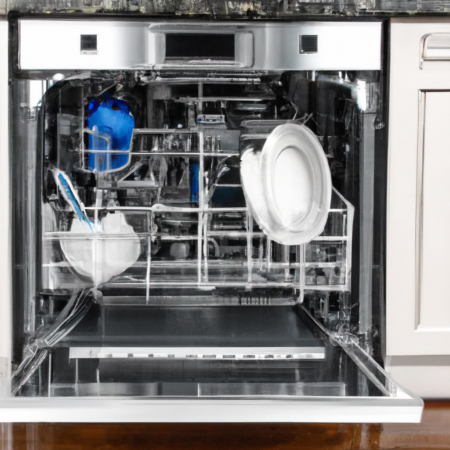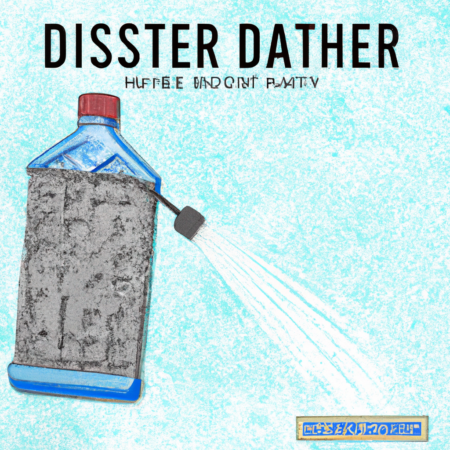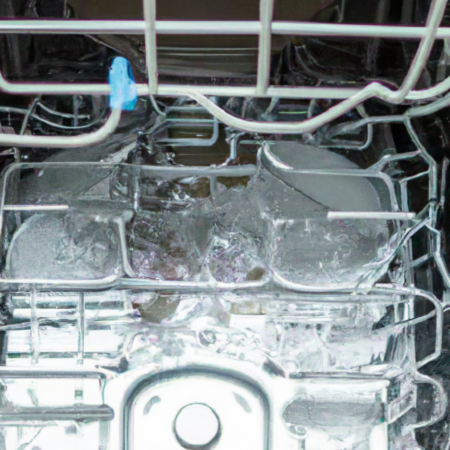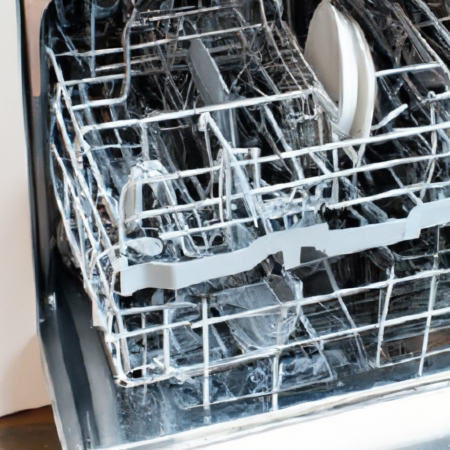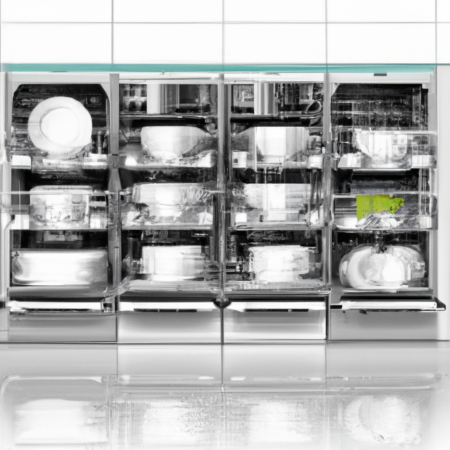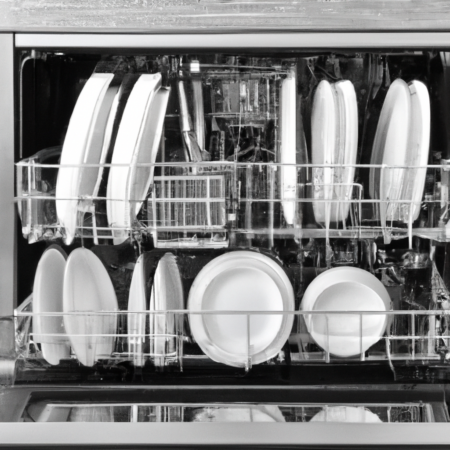Imagine this scenario: you’ve just finished a delicious meal and now face the daunting task of cleaning up the dirty dishes. As you carefully load your dishwasher, you suddenly come across a plastic container that bears the warning label “non dishwasher safe.” Inquisitive by nature, you might find yourself wondering what would happen if you were to ignore this precautionary label and place that plastic item in the dishwasher. Well, in this article, we will explore the potential consequences of defying this warning and shedding light on the mysterious outcome of such a daring act.
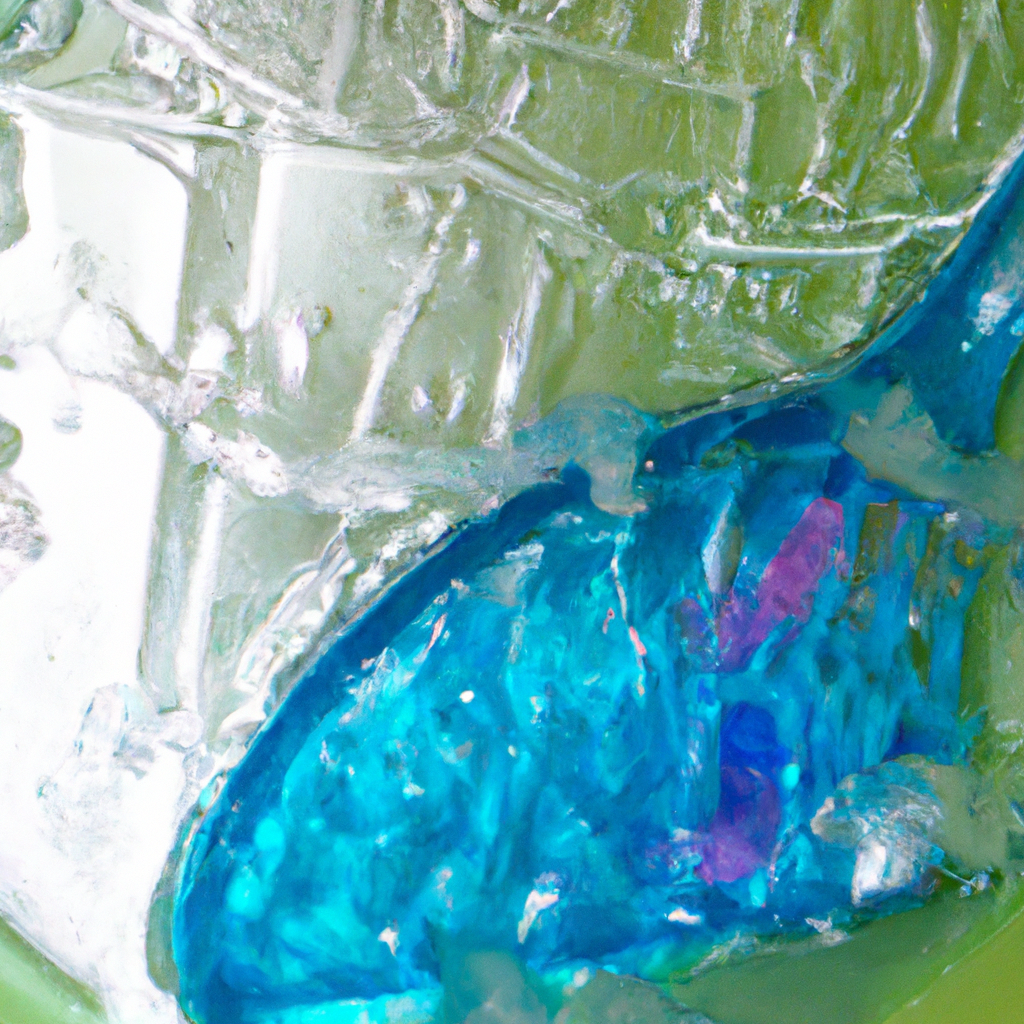
Understanding what Non-Dishwasher Safe Plastic is
Definition of Non-Dishwasher Safe Plastic
Non-dishwasher safe plastic refers to types of plastic that should not be cleaned or exposed to the high temperatures and harsh detergents typically used in dishwasher cycles. These plastics are not designed to withstand the heat, pressure, and agitation that occur during the dishwasher’s cleaning process.
Common types of Non-Dishwasher Safe Plastic
There are several common types of plastic that are typically marked as non-dishwasher safe. These include polyvinyl chloride (PVC), polystyrene (PS), and some types of polycarbonate (PC). It is important to note that not all plastics are created equal, and while some might be safe for dishwasher use, others are not.
Why Some Plastics Are Marked as Non-Dishwasher Safe
The process of making non-dishwasher safe plastic
The manufacturing process of non-dishwasher safe plastic involves the use of different additives and chemicals. These additives are necessary to give the plastic specific properties, such as flexibility or rigidity. However, these additives can make the plastic more susceptible to damage from high temperatures and detergents.
The role of temperature in the dishwasher
Dishwashers use hot water and high temperatures to effectively clean dishes and utensils. Non-dishwasher safe plastic cannot withstand these elevated temperatures, which can cause the plastic to melt, warp, or release harmful chemicals.
The risk of harmful chemicals
Non-dishwasher safe plastic may contain chemicals that are potentially harmful to human health. When exposed to high temperatures, these chemicals can leach out of the plastic and contaminate the food or beverages being washed. This poses a significant risk, as these chemicals may have adverse effects on our health, especially when consumed regularly.
Impact of High Temperatures on Non-Dishwasher Safe Plastic
How heat affects the plastic structure
High temperatures can cause the structure of non-dishwasher safe plastic to break down or deform. The heat can disrupt the bonds between the plastic molecules, making the plastic weak and susceptible to damage.
Why some plastics melt or warp
Certain plastics, such as PVC and polystyrene, have low melting points. When exposed to the intense heat of the dishwasher, these plastics can melt or warp, permanently altering their shape and rendering them unusable.
Possible release of harmful chemicals
When non-dishwasher safe plastic is exposed to high temperatures, there is a risk of chemicals leaching into the surrounding environment. These chemicals, such as phthalates or bisphenol A (BPA), can have detrimental effects on human health, including hormone disruption and potential long-term health risks.
Health Risks of Using Non-Dishwasher Safe Plastic
Leaching of chemicals and its health implications
As mentioned earlier, non-dishwasher safe plastic can leach harmful chemicals into the food or beverages being washed, especially when exposed to high temperatures. These chemicals can then be ingested, increasing the risk of various health issues, including reproductive problems, developmental disorders, and hormonal imbalances.
Potential risk of carcinogenic substances
Certain chemicals that may be present in non-dishwasher safe plastic, such as phthalates and BPA, have been linked to an increased risk of cancer. Prolonged exposure to these substances, even in small amounts, can potentially contribute to the development of cancerous cells within the body.
The effect on the taste and smell of food or beverage
Non-dishwasher safe plastic can absorb odors and flavors from the food or drinks it comes into contact with. This can result in an unpleasant taste or odor, affecting the overall quality of your meal or beverage.
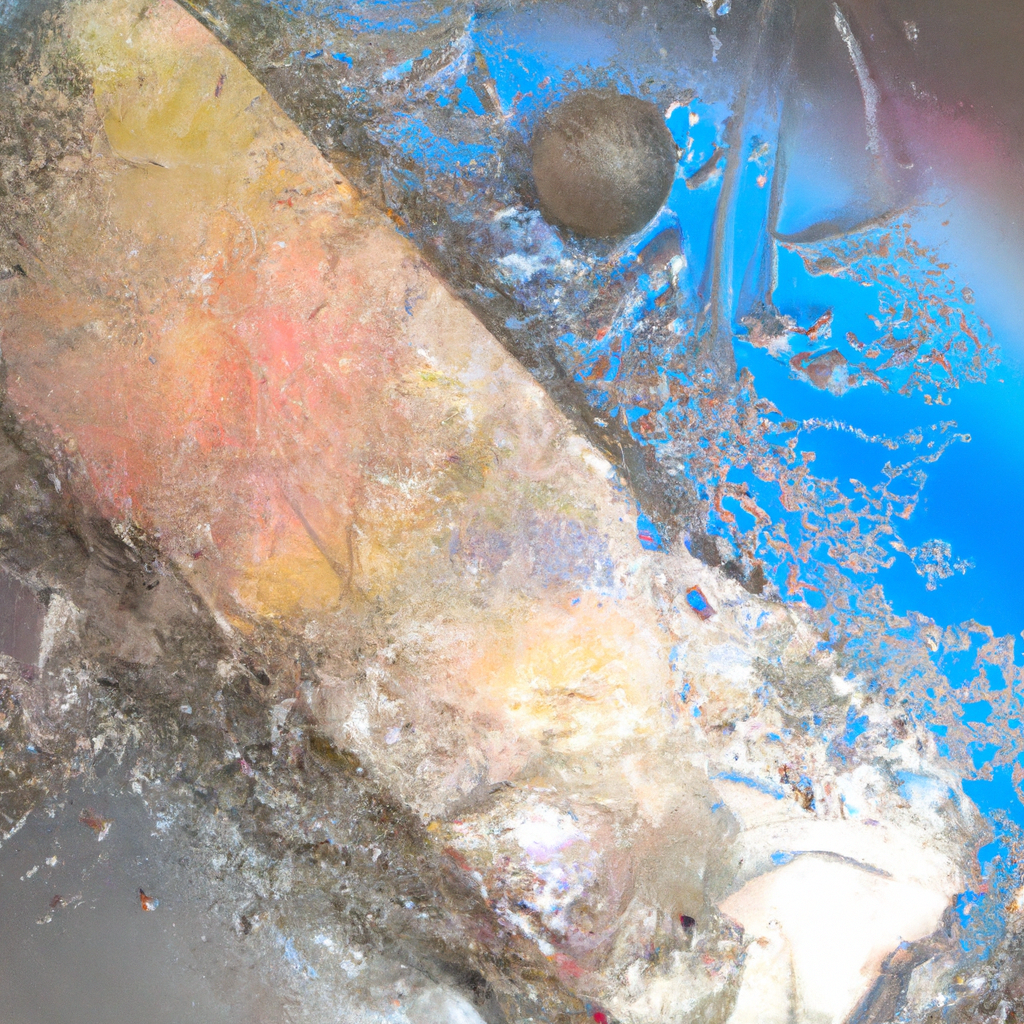
Impact on the Dishwasher
How plastic could damage the dishwasher
Using non-dishwasher safe plastic in your dishwasher can have negative effects on the appliance itself. These plastics can melt, warp, or release chemicals that may damage the internal components of the dishwasher, such as the heating element or spray arms.
Common problems resulting from washing non-dishwasher safe plastic
Washing non-dishwasher safe plastic in your dishwasher can lead to various issues. These include melted or misshapen plastic items, damage to the dishwasher’s interior, clogged filters or spray arms due to melted plastic residue, and the potential for chemical contamination of future loads.
Maintenance tips for your dishwasher after using non-dishwasher safe plastic
If you inadvertently put non-dishwasher safe plastic in your dishwasher, it is crucial to clean and maintain your dishwasher properly afterward. This includes removing any melted or damaged plastic, checking and replacing any clogged filters, and running a few empty cycles with vinegar or dishwasher cleaner to eliminate any residue or odors.
Environmental Impact of Washing Non-Dishwasher Safe Plastic
Contribution to plastic pollution
Washing non-dishwasher safe plastic can contribute to plastic pollution. If the plastic item becomes damaged or unusable due to high temperatures in the dishwasher, it may need to be thrown away, adding to the already significant amount of plastic waste in landfills or oceans.
Effects on water systems
When non-dishwasher safe plastic is washed, its potential release of harmful chemicals can find their way into the water system. These chemicals can then contaminate water sources and have negative effects on aquatic ecosystems, potentially harming marine life.
Ways to reduce plastic waste
To reduce plastic waste, consider using alternative materials such as glass, stainless steel, or eco-friendly options like bamboo or silicone. Additionally, practicing proper recycling habits and choosing reusable items can greatly minimize your plastic footprint.
How to Identify Dishwasher Safe Plastic
Recognizing dishwasher safe symbols
Look for specific symbols or labels on plastic items to determine if they are dishwasher safe. These symbols usually consist of a plate or glass with a shower of water above it, indicating that the item is suitable for dishwasher use.
Checking the recycling number on plastic
Plastic items are often marked with a recycling number within a triangular symbol. While this may not directly indicate dishwasher safety, it can provide some insight. Certain plastics, like those labeled with the numbers 1 (PET) and 5 (PP), are generally considered to be dishwasher safe.
Manufacturer’s instructions
Always refer to the manufacturer’s instructions or packaging for information regarding the dishwasher safety of specific plastic items. The manufacturer’s guidelines should provide clear instructions on whether the item can be safely cleaned in the dishwasher or if it should be hand washed instead.
Alternatives to Non-Dishwasher Safe Plastic
Using dishwasher safe plastic types
When seeking alternatives to non-dishwasher safe plastic, opt for plastic items specifically labeled as dishwasher safe. These plastics are designed to withstand the high temperatures and detergents used in dishwasher cycles.
Opting for other materials like glass or stainless steel
Glass and stainless steel are excellent alternatives to non-dishwasher safe plastic. These materials are durable, easy to clean, and do not release harmful chemicals when exposed to high temperatures. Moreover, they are less likely to retain odors or flavors, ensuring the taste and quality of your food or drink.
Eco-friendly options
Consider eco-friendly alternatives like bamboo or silicone. These materials are often dishwasher safe, sustainable, and do not have the same environmental impact as traditional plastics. Choosing eco-friendly options can contribute to reducing your carbon footprint and protecting the planet.
How to Clean Non-Dishwasher Safe Plastic
Tips for handwashing non-dishwasher safe plastic
When cleaning non-dishwasher safe plastic by hand, avoid using harsh detergents or abrasive sponges that may scratch or damage the surface. Instead, opt for mild dish soap and a soft sponge or cloth. Gently scrub the plastic item, rinse it thoroughly, and allow it to air dry.
Solutions for removing stubborn stains
If non-dishwasher safe plastic develops stubborn stains, you can try soaking it in a solution of warm water and baking soda. This mixture can help to loosen and remove tough stains. Rinse the plastic item thoroughly after soaking and allow it to dry completely.
Proper storage to extend the life of plastic
To prolong the life of non-dishwasher safe plastic items, it is important to store them properly. Avoid exposing them to direct sunlight or extreme temperatures, as this can contribute to the breakdown of the plastic structure. Additionally, store them away from sharp objects or other items that could scratch or damage the plastic surface.
Mitigating Risks When Using Non-Dishwasher Safe Plastic
Best practices when using non-dishwasher safe plastic
If you choose to use non-dishwasher safe plastic items, there are ways to mitigate the risks. Handwash them carefully using mild detergent, dry them thoroughly, and avoid exposing them to high temperatures or aggressive cleaning methods. Additionally, keep an eye out for any signs of wear or damage that may indicate it’s time to replace the plastic item.
Safe ways to dispose non-dishwasher safe plastic
When disposing of non-dishwasher safe plastic, it is essential to follow proper recycling guidelines. Research your local recycling options to determine if the plastic item can be recycled or if it needs to be thrown away. If throwing away, ensure it is properly disposed of in designated waste bins to minimize its environmental impact.
Making informed choices when buying plastic items
To minimize the need for non-dishwasher safe plastic, make informed choices when purchasing plastic items. Look for products that are labeled as dishwasher safe or consider alternative materials that are known to be more durable, healthier, and environmentally friendly.
By understanding the risks associated with non-dishwasher safe plastic and taking steps to avoid its use, you can protect your health, prolong the life of your dishwasher, and contribute to a cleaner, healthier environment. Remember to always prioritize safety and make conscious choices to reduce plastic waste in your daily life.


